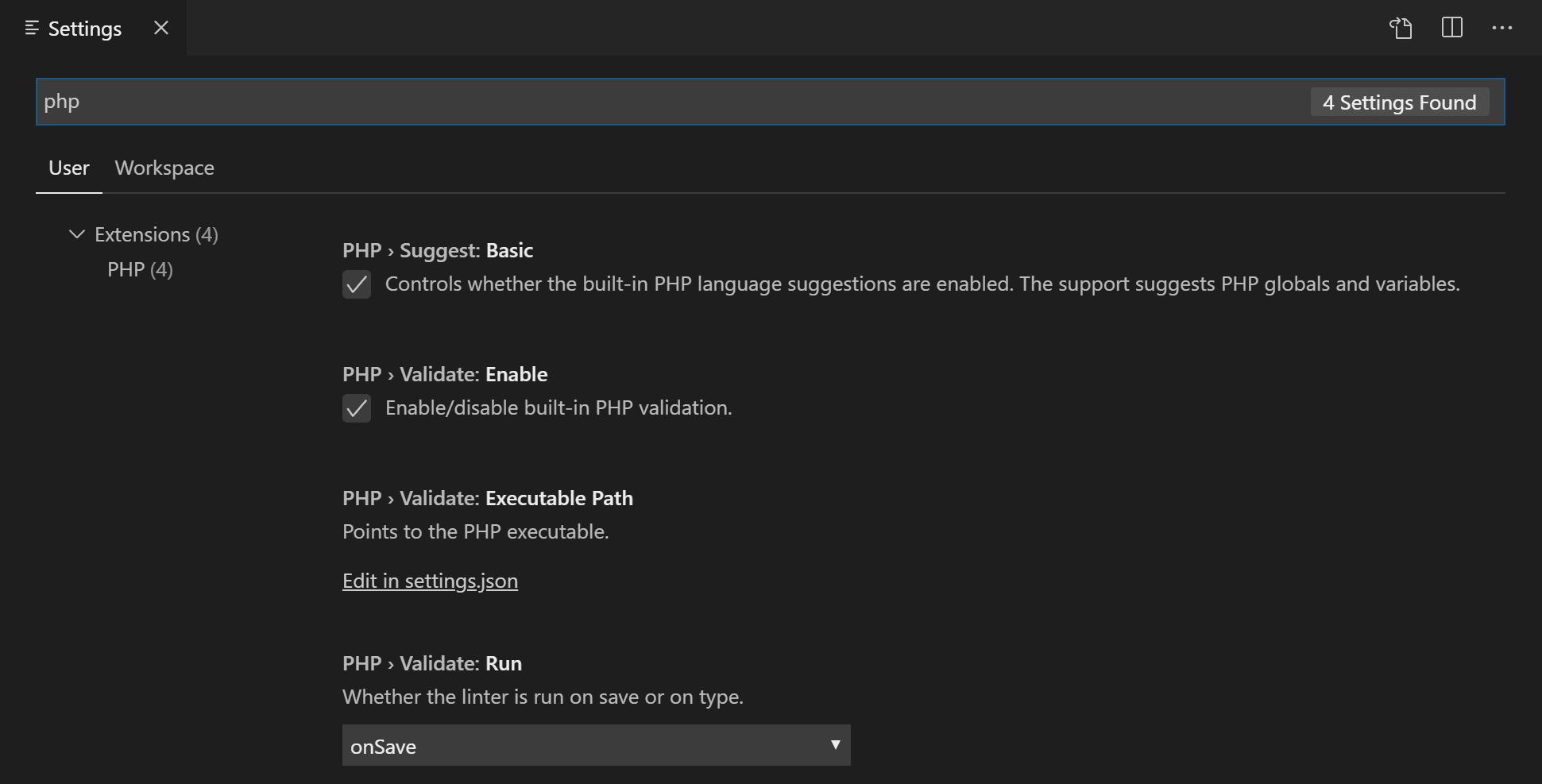Visual Studio extension development. Create add-ons and extensions for Visual Studio, including new commands, code analyzers, and tool windows. Add the SDKs and tools you need to create new commands, code analyzers, tool windows, and language services using C#. Then, share your extension with the community in the Visual Studio.
- Visual Studio Code is a code editor redefined and optimized for building and debugging modern web and cloud applications. Visual Studio Code is free and available on your favorite platform.
- Inside of a codespace, you’ll have access to the Visual Studio Code Marketplace, and you can preload any extensions you want loaded at launch using a devcontainer configuration file. You can also personalize your codespace by pulling in dotfiles.
GitHub Codespaces provides cloud-powered development environments for any activity - whether it's a long-term project, or a short-term task like reviewing a pull request. Drivers smc port devices. You can work with these environments from Visual Studio Code or in a browser-based editor.
Environments
An environment is the 'backend' half of GitHub Codespaces. It's where all of the compute associated with software development happens: compiling, debugging, restoring, etc. When you need to work on a new project, pick up a new task, or review a PR, you can simply spin up a Cloud-hosted environment, and GitHub Codespaces takes care of configuring it correctly. It automatically configures everything you need to work on your project: the source code, runtime, compiler, debugger, editor, custom dotfile configurations, relevant editor extensions and more.

Customization
GitHub Codespaces are fully customizable on a per project basis. This is accomplished by including a devcontainer.json file in the project's repository, similar to VS Code Remote Container development.
C++ To C# Online
Example customizations include:
- Setting which Linux-based operating system to use.
- Automatically installing various tools, runtimes, and frameworks.
- Forwarding commonly used ports.
- Setting environment variables.
- Configuring editor settings and installing preferred extensions.
See the Configuring Codespaces documentation for codespace-specific devcontainer.json settings.
Dotfile per user configuration
Dotfiles are files whose filename begins with a dot (.). They typically contain configuration information for applications and can control how terminals, editors, source control, and various other tools behave. .bashrc, .gitignore and .editorconfig are examples of dotfiles commonly used by developers.
You can specify a GitHub repo containing your dotfiles, a target location for the files, as well as install commands when creating a codespace.

Visual Studio Code Online Self-hosted
See the Personalizing Codespaces documentation to learn how to add your dotfile configurations to a codespace.
Vscode Cloud
Getting started
There are getting started topics for both GitHub Codespaces clients. These will fast-track you through signing in to GitHub Codespaces, creating your first codespace, and connecting to it with your preferred client:
- Codespaces in VS Code - Use the GitHub Codespaces extension to connect and work in your environment.
- Codespaces in the browser - Connect to your codespace through a browser-based editor.
Extension authors
The VS Code extension API hides most of the implementation details of running remotely so many extensions will just work in GitHub Codespaces environments without any modification. However, we recommend that you test your extension in a codespace to be sure that all of its functionality works as expected. See the article on Supporting Remote Development and GitHub Codespaces for details.
Common questions
Why is an extension not installable in the browser
There are a small number of extensions that have built-in assumptions or need to run on the desktop. Examples are when an extension accesses files from the VS Code installation on the desktop or when an extension depends on a executable that must run in a desktop environment. When you try to install such an extension in the browser, you will be informed that the extension is not available.
Notice such an extension can still be used when connecting to a Codespace from VS Code running on the desktop.
How do I allow VS Code to access my clipboard for reading?
In certain cases, VS Code might ask you for permission to access the clipboard when reading from it. You should be able to grant access to the clipboard from your browser either through settings (search for 'site permissions') or by looking for this option in the address bar on the right:
Visual Studio Code Online Github
Once you have granted VS Code access to the clipboard, you can retry the operation.
Questions or feedback
If you have questions, you can consult the GitHub Codespaces Troubleshooting guide. If you'd like to provide feedback, you can enter issues in the GitHub Codespaces Support Community.
Visual Studio Codespaces (formerly Visual Studio Online) provides cloud-hosted development environments for any activity - whether it's a long-term project, or a short-term task like reviewing a pull request. You can create a new Codespace through Visual Studio Codespaces or by signing up for the GitHub beta. You can connect to Codespaces from Visual Studio Code, Visual Studio (sign up for the Private Preview), or a browser-based editor that's accessible anywhere! You can even connect your own self-hosted environments to Visual Studio Codespaces at no cost.
Visual Studio Code Online Compiler
Additionally, Visual Studio Codespaces brings many of the benefits of DevOps, like repeatability and reliability, which have typically been reserved for production workloads, to development environments. However, Visual Studio Codespaces is also personaliazable to allow developers to leverage the tools, processes and configurations that they have come to love and rely on - truly the best of both worlds!
Getting Started
Visual Studio Codespaces: Instructions for getting started with this Visual Studio Code extension are available in our documentation.
Codespaces in GitHub: First sign up for the beta and then follow the instructions for getting started.
More Information
- Announcing Visual Studio Codespaces Public Preview (Blog Post)
- Report a Problem (Issue Tracker)

